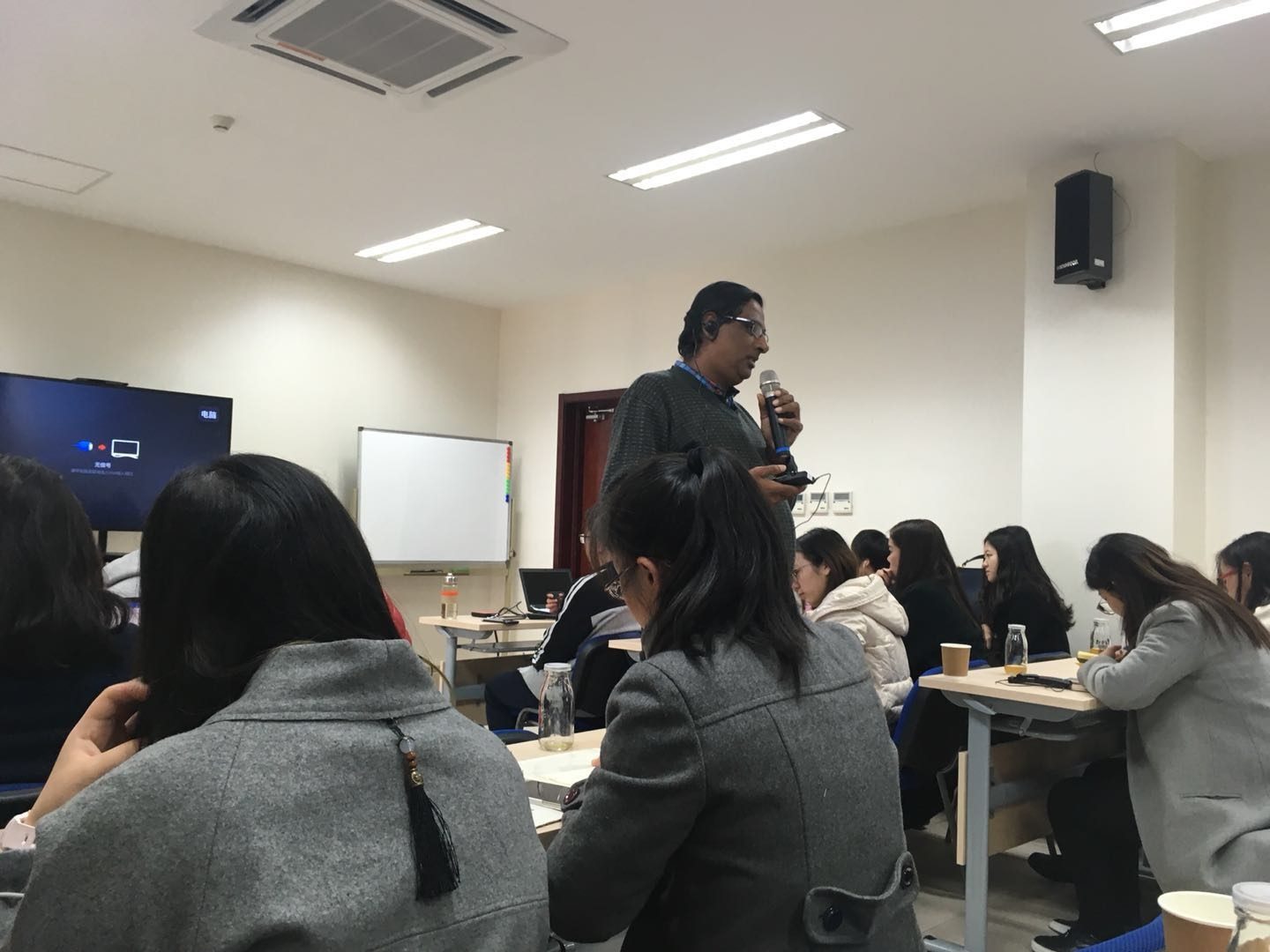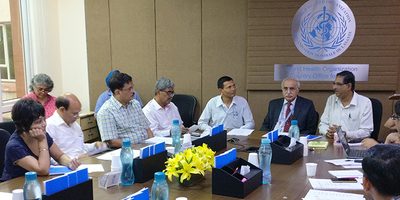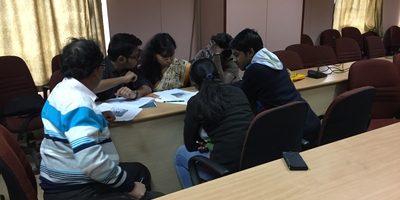
Media workshop on evidence-based health journalism held at Peking University
MDT-CASP tool developed by the George Institute in India introduced to workshop participants
Beijing, Nov 4. Readers make significant health care decisions based on what they read in newspapers or see on television. Policy makers are influenced by public opinion which in great part is determined by the media. Therefore, health journalism and communications must be evidence-based which requires researching the background and context. But finding and describing evidence requires a specific set of skills. Moreover, once evidence and data have been gathered, converting it into a media story that is easy to read but also has context and depth is a big challenge.
Keeping these challenges in mind, the George Institute for Global Health has developed the Media Doctor Toolkit (MDT) and the Critical Appraisal Skills Program (CASP) with a view to promoting evidence-based health journalism among journalists so that they are able to review and critique their own stories The program was piloted in India with support from UNICEF and Oxford University.
And now to introduce the program to China, the first-of-its-kind workshop on evidence-based health journalism was conducted at the School of Journalism and Communication, Peking University on November 4. The aim of the workshop was to introduce to the participants the concepts of Media Doctor Tool Kit and Critical Appraisal Skills Program and to share the experience of running the same program in India. The workshop was facilitated by School of Journalism and Communication, Peking University.
The original Media Doctor Australia (MDA) tool was designed to evaluate health news about new tests, treatments and procedures and about new health research. It was validated for use in Australia and more recently in India. A second tool, to evaluate the quality of health advice, was developed by MDA and has been evaluated for use in Australia. These tools were further developed and tested in the context of India (Media Doctor India-MDI) and extended to include public health and health policy stories that are published in the media.
The MDT-CASP handbook presents each tool with notes to guide their use, along with examples of their application. The MDT help defines the problem and understand the evidence or lack of it and thus conclude whether the news articles being reviewed are well researched and evidence-based. The MDT checklist is also very helpful in writing good media articles.
This workshop introduced to the faculty, journalists and students, the concept of Media Doctor Toolkit (MDT) and Critical Skills Appraisal Program (CASP). There was also an experience sharing session with counterparts from India about running this program in other countries.
At the workshop, participants were also provided with an opportunity to have a hands-on experience in analysing news articles that were selectively chosen from Chinese media websites like China Daily, Xinhua News etc. using the Media Doctor Tool Kit. The development and use of Critical Appraisal Skills Program was also explained along with different ways in which CASP has been used worldwide.
The long-term solution to making health journalism and communication more evidence-based, is learning and applying critical appraisal skills. Here comes the role of CASP. The MDT interventions have shown that the critical skills needed to process information relating to public health programming as well as research, needs to be developed in the media through an active intervention as well.
The critical skills appraisal program developed by Oxford University for public health professionals was used as the starting point to develop a module for training journalists and aligning it with the curriculum for students of journalism and health communications in India. The aim is to develop something similar for China.



